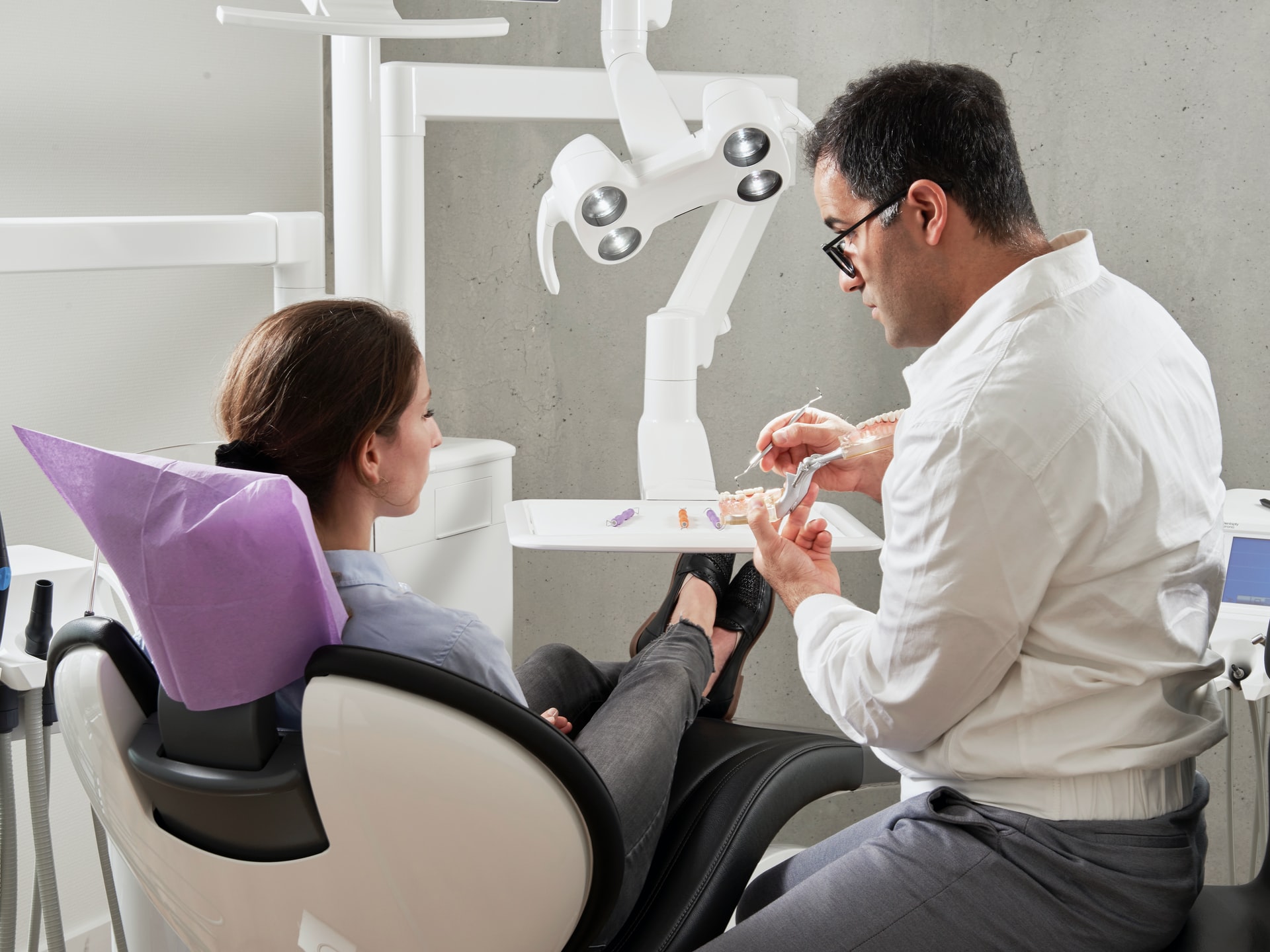
17 Jul How Can You Fix a Dead Tooth?
Hearing you have a dead tooth can be a shock, and may likely cause a carousel of questions to circle through your mind. One of these questions is probably, “can a dead tooth be saved?” Our team at Hicks Dental Group is here to explain how to fix a dead tooth and ensure you understand the treatment options available to you.
Can a Dead Tooth Be Saved?
The outer layer of the teeth may be hard, but underneath the hard enamel is a layer of soft tissue and nerves called the pulp. A dead nerve inside your tooth can happen as the result of an injury or from tooth decay. When a nerve dies, it prevents proper blood flow and eventually causes the tooth to die.
A dead tooth is not always easy to pinpoint on your own, which is why it is essential to visit the dentist regularly so we can identify signs of trouble before it starts. Common symptoms of a dead tooth may include:
- Bad breath
- A foul taste
- Discoloration (the tooth looks gray)
- Swollen gum line
- Tooth or gum sensitivity
- Tooth pain
If you experience any of these symptoms, schedule an appointment immediately. The sooner you see a dentist, the more likely it is that your dead tooth can be saved.
How to Fix a Dead Tooth
Early diagnosis is the key when it comes to fixing a dead tooth. If caught early, your tooth may be saved with a root canal procedure. If the situation is too severe to preserve your natural tooth, you may need an extraction to alleviate the pain and allow for a replacement.
1. Root Canal Procedure
If the tissue damage in your tooth has not progressed too far, your natural tooth can be saved with a root canal procedure. During this treatment, your dentist will clear away the infected pulp, then permanently fill and seal your tooth and its root.
A root canal allows you to keep your natural tooth, but you might need a crown if your tooth is brittle. A crown allows you to bite and chew normally without risking further damage to your tooth.
2. Extraction
Unfortunately, if the decay has progressed too far, it may not be possible to save your natural tooth. If so, your dentist will have to remove your dead tooth and will recommend a replacement option.
There are several options available if your tooth needs to be replaced:
- Dental implants are the most reliable replacement method. A titanium post will replace the root of your missing tooth and serve as an anchor for a permanent crown.
- Partial dentures replace missing teeth so you can eat and speak normally. They may be an effective replacement if you’ve lost several adjacent teeth.
- A dental bridge can also effectively replace a dead tooth. Bridges are usually made of metal alloys, gold, or porcelain, so they are strong and durable.
Out of all these options, dental implants have the highest success rate, but they aren’t right for everyone. Drs. Paul, Scott, and Braden Hicks will guide you through each tooth replacement alternative so you can make a confident and informed decision.
Preventing a Dead Tooth
The best way to avoid a root canal or tooth extraction is to take steps to prevent it. You can protect your teeth from injury by wearing a mouthguard during physical activities, and refraining from using your teeth as tools (don’t open packaging or chew on ice cubes or other non-food items).
Another way to keep your teeth healthy and strong is to maintain a proper oral healthcare routine. This includes:
- Brushing in the morning and at night
- Limiting sugary foods
- Avoiding tobacco products
- Daily flossing
Visiting the dentist regularly is also an essential aspect of effective dental care. Not only can your dentist detect the early signs of tooth decay, they can also recommend preventative options like dental sealants to keep your teeth shielded from plaque and cavity-causing acids.
Dead Tooth Treatment in Prescott
A dead tooth requires immediate treatment. If you have any symptoms of a dead tooth, or if you suspect you may have a different dental problem, don’t hesitate to schedule an appointment. Contact us today! Call our team at 928-445-6030 for caring, high-quality dental care.
Images used under creative commons license – commercial use (7/17/22). Photo by Caroline LM on Unsplash

